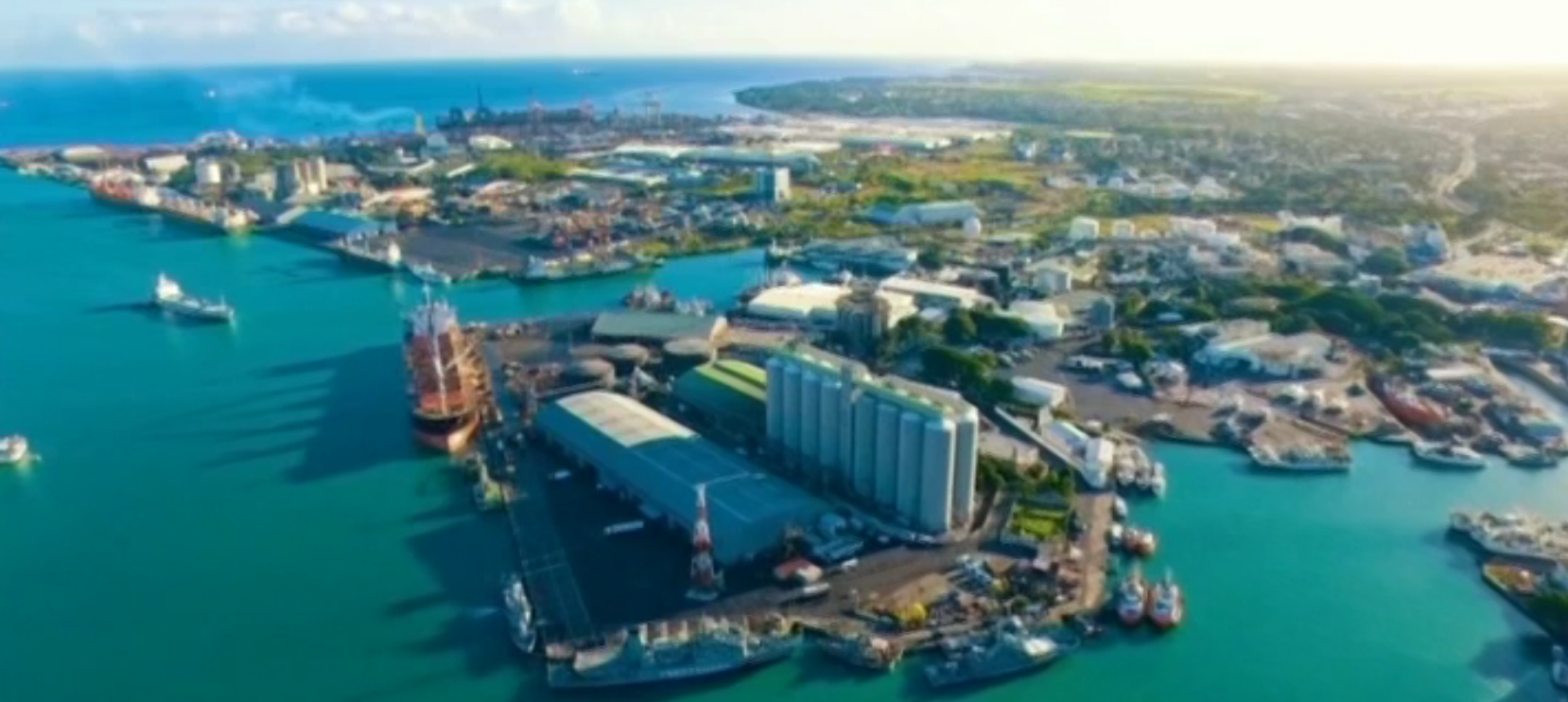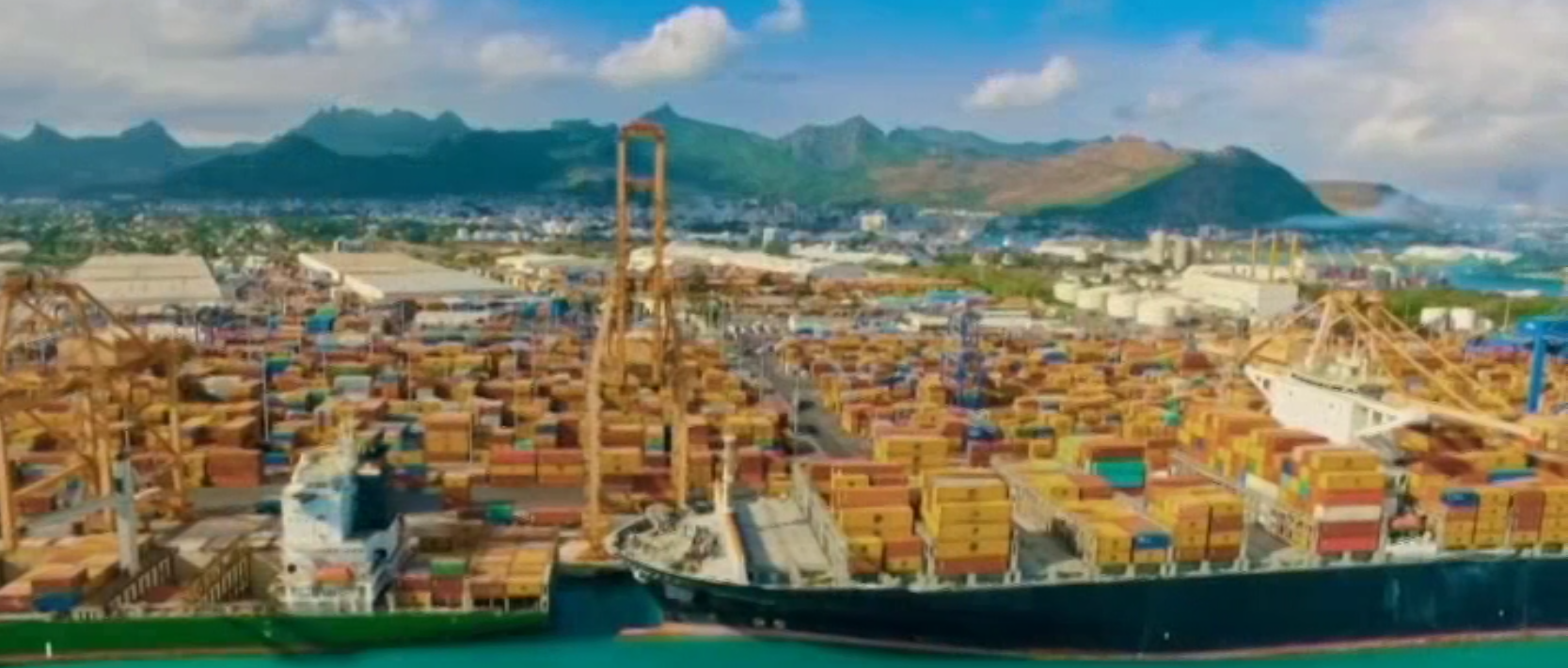Article by : Shehzad Ali Joomun
54 African countries, a market of 1.3 billon people, and an economy of 2.6 trillion USD, the opportunities provided by the signing of the African Continental Free Trade Agreement (AfCFTA) are huge. Also called the global game changer, this agreement has the potential to drive inclusive growth in Africa with the continent emerging as the next economic powerhouse.

Africa today accounts for only 2.5 % of Global imports. Intra-continental trade stood at only 12.4% and 16.4% for imports and exports, respectively, in 2019. This share of intra-regional trade is far behind other economic communities, such as the European Union which stands at 55%. A situation which is expected to change with the AfCFTA. With this agreement, the world’s biggest free trade area will be created, boosting business among African countries by the removal of cross-border tariffs on most goods, simplifying customs procedures and allowing the continent to strengthen its own value chains.
Early estimations show that the establishment of the AfCFTA would increase intra-African trade by 52.3%, or USD 34.6 billion. As highlighted by UNECA (2018), “[the] AfCFTA will be a game-changer for stimulating intra-African trade. It is projected to increase the value of intra-African trade by between 15% (or USD 50 billion) and 25% (or USD 70 billion), depending on liberalization efforts, in 2040, compared to a situation with no AfCFTA in place. With the sole removal of tariffs on goods, the share of intra-African trade would increase by nearly 40% to over 50%, depending on the ambition of the liberalization, between the start of the implementation of the reform (2020 was considered to be the tentative date for the modelling exercise) and 2040”.
Mauritius recognises the importance of the African Continent. With the signing of the AFCFTA, the country expects a boost in trade with Africa as it will open up the whole African market to Mauritian manufacturers. As the manufacturing industry reaps the benefits of this agreement, another emerging sector is forecast to play a key role in spurring development in Mauritius and the African Continent. Over the years, trade in services has become a key driver of Mauritius’ external trade in recent years. The country is a net exporter of services, with a positive balance of trade at USD 820 million in 2019.

Mauritius aims to become the ideal and undisputed platform for doing business across Africa and promoting reforms, trade and investment across the region. It has over the years established itself as a key investment platform for Africa. Special Economic Zones (SEZs) with selected countries and economic operators have been set up namely the Cargo Village in Senegal and technology parks in Ivory Coast. Agreements have also been signed for the development of a biotechnology, information and communication technologies (ICT) free zone in Grand Bassam with the Twin towers construction secured by the Mauritius Africa Fund. A Technology Park will also be constructed in Ghana.
The vision of the AfCFTA Strategy is aligned with that of the Africa Strategy of Mauritius. Hence, the successful implementation of the agreement is as much awaited by Mauritius. According to the Economic Development Board of Mauritius, while this agreement represents a tremendous opportunity for the private sector of the country, there still remain a few conditions to be looked into prior to operators benefitting from immediate duty-free treatment for their exports under the AfCFTA. Firstly, the product (HS code) being exported should not be included in the exclusion and sensitive list of the country of final destination; secondly the country of destination should have already signed and ratified the agreement and thirdly the country of destination should be administratively ready to issue an AfCFTA Certificate of Origin.

To better leverage the opportunities of the African Continental Free Trade Area, an AfCFTA National Implementation Committee will be set up, in charge of ensuring the coordination and monitoring implementation of the AfCFTA. Mauritius is one of the first countries of the region to ratify the AfCFTA agreement back in 2019 and to implement and benefit from the AfCFTA, the authorities are also working to adopt the necessary institutional framework, building the capacity of business players, reinforcing the country’s trade promotion and economic diplomacy efforts and improving the country’s transport and logistics connectivity with the continent.







